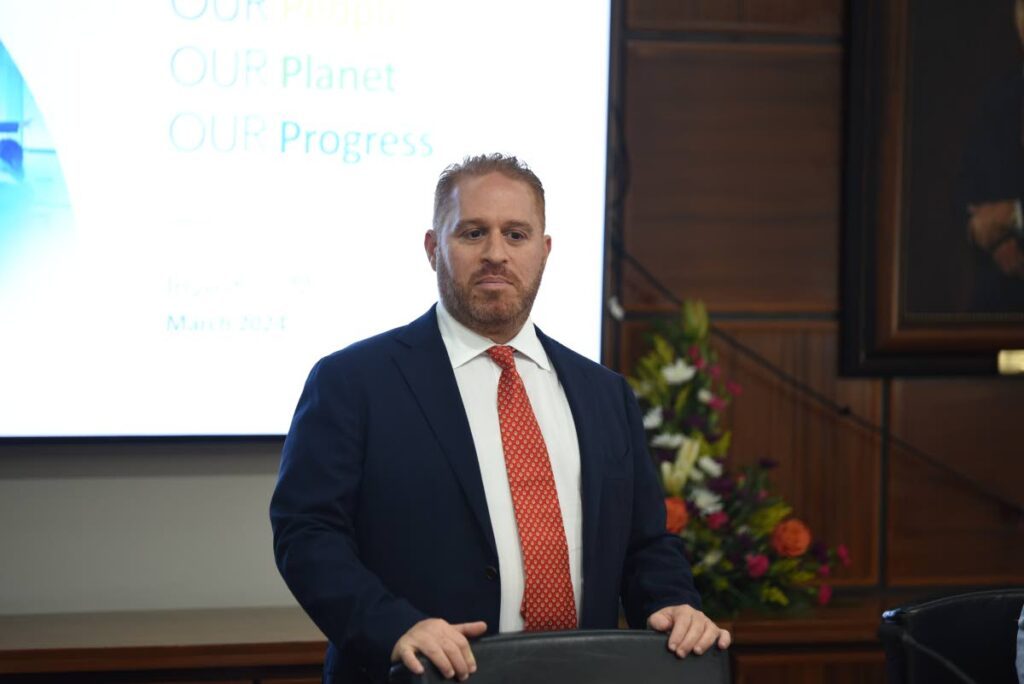Renew private-sector role in green transition

WHEN IT comes to the measures needed to address the climate crisis, it is easy to think the power to effect change resides primarily with worldwide governments. The crisis is a global one; it requires interventions that will only bear fruit if they involve international co-ordination and co-operation. The nation state and national leaders therefore seem best poised to act.
But it takes two hands to clap.
A strong reminder of this came at the recent sustainable energy conference at which officials from the Ansa McAl group – one of the largest conglomerates in the Caribbean – made a strong call for greater levels of participation on the part of the private sector in clean-energy projects.
“The technology to embrace it is there,” said the group’s CEO, Anthony N Sabga III, as he called for greater buy-in to the notion of a green economy at a panel at the Hilton Trinidad on June 10. “It is already investable. Many countries in this region have gone to five or ten per cent or more in renewable resources, and there is no reason why, as a region, we can’t participate in that.”
This is a call we strongly endorse. It sends a strong signal and we hope it inspires more private-sector stakeholders to examine the ways they can invest in sustainable areas of revenue-generation or, at the very least, reduce their carbon footprint.
The State has a role to play, undoubtedly. And there are many who will say that the transition away from hydrocarbons, like the issue of tackling crime, is the exclusive business of the government.
Such people might point to what has taken place in China.
Last year, the world recorded a massive 50 per cent spike in new generating capacity from renewables, the fastest growth rate in the past two decades.
But according to the International Energy Agency, the bulk of this was driven by China. That country alone will account for almost 60 per cent of new renewable capacity expected to become operational by 2028.
This feat has been made possible, it seems, by the fact that the entities driving China’s construction of new solar and wind farms are state-owned. The banks financing these projects are state-owned. These companies are wielded by leaders to implement geopolitical goals. This is essentially central planning.
In contrast, the leaders of free-market economies do not seem to be doing as well. They are concerned with balancing short- and medium-term revenue-generation with long-term needs. In fact, in these countries some might even say these leaders remain at the mercy of transnational companies with vested interests in doing the opposite of transitioning to renewables.
The reality is both the private sector and the State must work together, along with civil society, to make change happen.
There must be adequate public-sector investment in infrastructure as well as fiscal incentives. At the same time, private companies need to seize opportunities to generate new areas of profitability and goodwill by reflecting the concerns of civil society.


Comments
"Renew private-sector role in green transition"